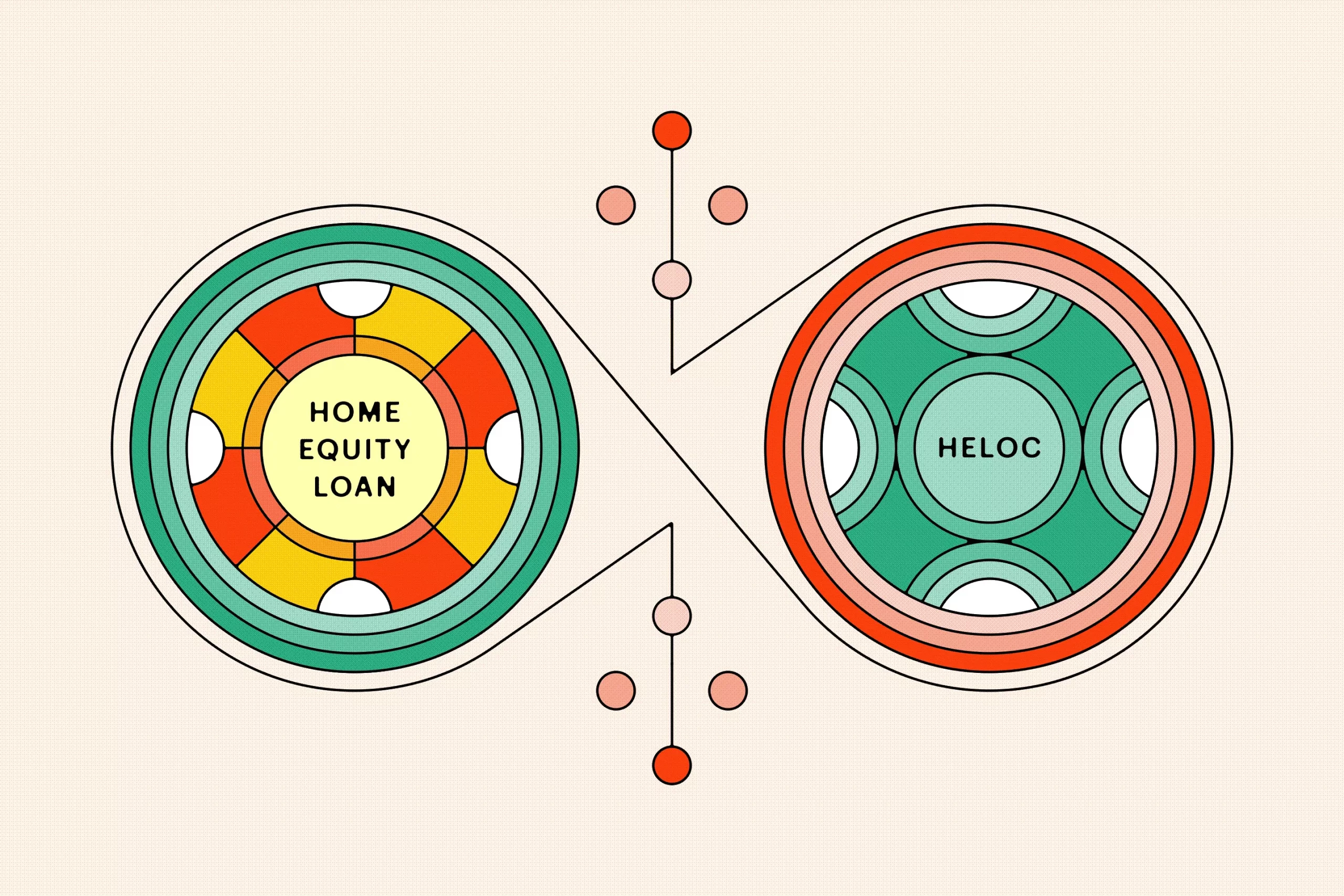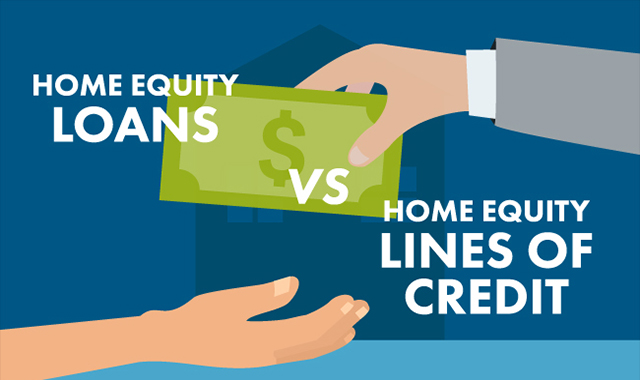Don’t take out a second mortgage without considering all your options.
The value of your house is important to you if you’re a homeowner. The sale of a home can yield significant profits if it is purchased at a low price and sold at a high price. Homeowners often feel compelled to tap into their home equity in the present as a way to make ends meet, and they don’t want to wait until they sell their home before reaping the benefits of this financial investment.
HELOCs – home equity lines of credit – are also available to homeowners who want to take out a second mortgage using equity in their homes. But how do you choose the right method? We’ll explain the differences between HELOCs and home equity loans, as well as give you advice on how to choose between the two. With this information, you will be able to make the best financial decision when borrowing from your home equity.
What Is a Home Equity Loan?
People usually think of home equity loans when they think of second mortgages. A homeowner can take out a lump sum of money at a fixed interest rate through a home equity loan. Along with their regular mortgage payments, they make a steady monthly payment to repay it. It can however be counterproductive to take out all the equity on your home at once if the value of your neighborhood declines.
Pros
-
Rate of interest that is fixed
-
Payments that are predictable and stable
-
Having access to a large sum of money at once
Cons
-
An entire lump sum of interest is paid, not just the amount used
-
If the property value declines, the payout may be smaller
What Is a HELOC?
HELOCs can be compared to credit cards. As needed, homeowners can withdraw against their credit limit as needed. As long as they use equity, they will only pay interest on that amount.
A home equity line of credit typically starts at a lower interest rate than a home equity loan, but it changes with the market, making the monthly payment less predictable. Many HELOC lenders offer homeowners the option of converting a portion of their balance to a fixed rate. A variable interest rate will be applied to the credit line’s balance.
Pros
-
In addition to the amount of the draw, interest compounds according to the available equity on the day you draw it
-
During the draw period, interest-only payments may be possible
Cons
-
Interest rates can affect monthly payments in unpredictable ways
-
Your principal and payments will increase during repayment if you overspend

How to Choose
Think carefully about what you intend to spend the money on before deciding between a home equity loan and a home equity line of credit. It typically makes more sense to use a home equity loan as a continuous source of credit rather than a one-time withdrawal. Discuss the interest rates, fees, and tax payments of various lenders with a financial professional.
It may also be a good idea to speak with a real estate expert about the housing market in your area. Last but not least, consider how you spend your money. When it comes to managing your credit card, how do you do it? Do you tend to make unnecessary short-term purchases? Using a HELOC may negatively impact your financial health based on your answers to these questions.
You are still using loaned money and pledging your home as collateral, no matter what form of borrowing you choose. To avoid substantially increasing your repayment amount, do not spend more than you absolutely need. When making any major financial decision, keep in mind that a person’s choice may not be yours.


